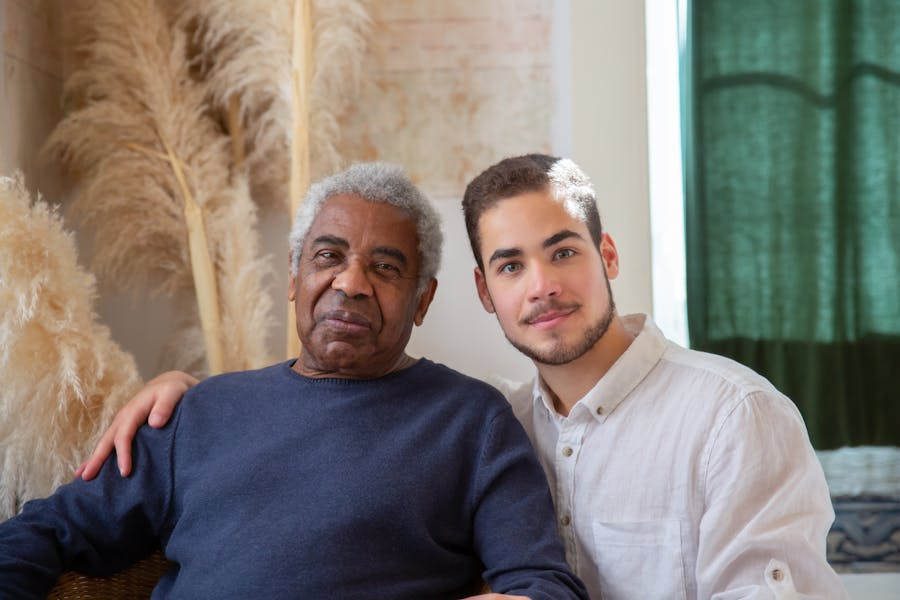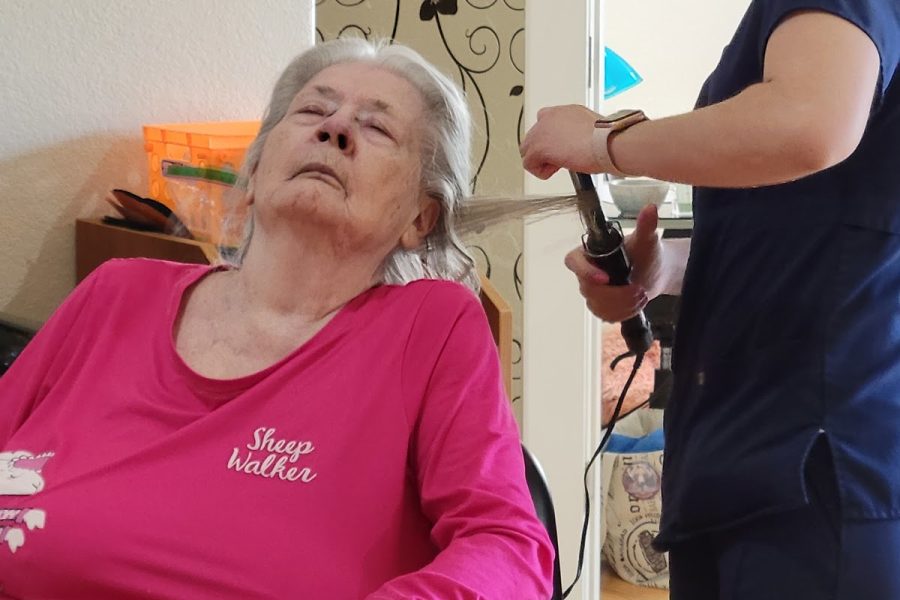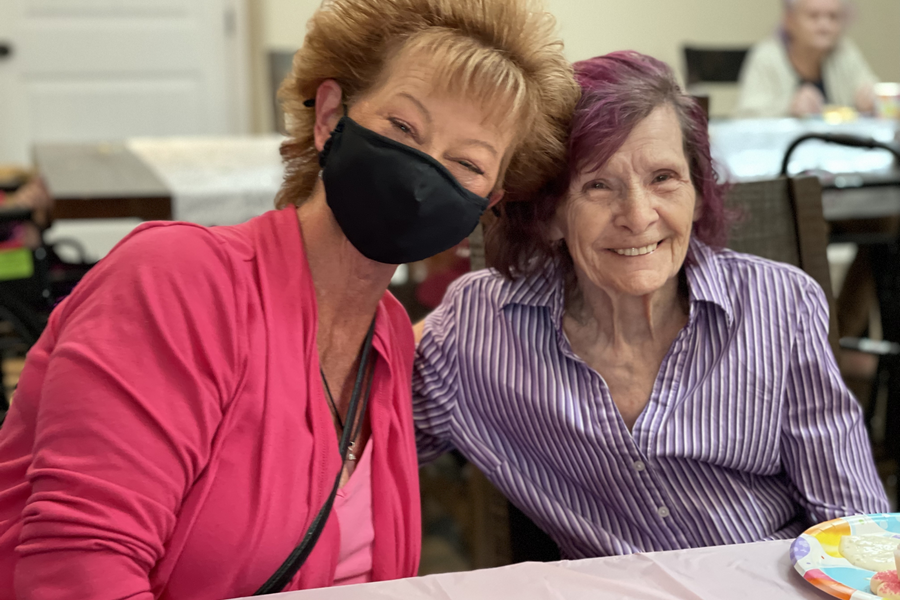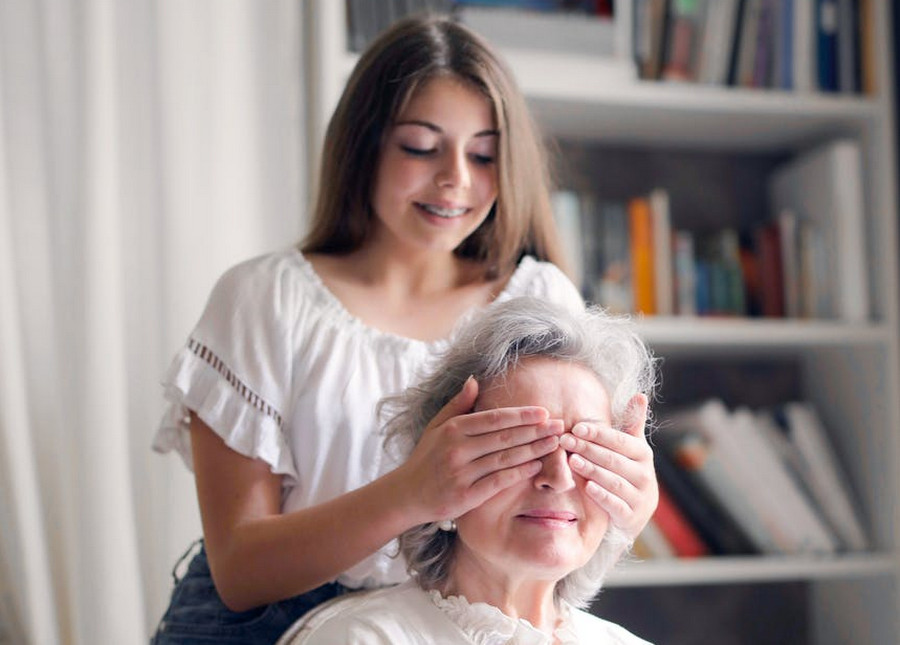


In this article, we will discuss three useful tips for caregivers.
Being a caregiver for seniors with dementia is no simple task. It can be a difficult and emotionally draining experience for both the seniors and their caregivers.
The stress and frustration of caring for seniors with dementia can often create feelings of isolation, exhaustion, and hopelessness among those who don’t know where to turn or who they can talk to about their problems.
.

According to the U.S. Census Bureau, about 16.5 percent of the American population was 65 years old or over in 2019. They expect this figure to reach 22 percent by 2050.
As people age, they may require assistance with daily activities. This assistance might include help with eating, bathing, dressing, and getting in and out of bed or a wheelchair. These seniors might also need help getting in and out of the shower, walking, doing other daily activities, or else just someone to talk to when they’re feeling lonely.

Deciding to put your parent into assisted living or a nursing home can be extremely difficult for everyone involved. First, the responsible party has to determine if they want to take on the caregiver role, or if their loved one would be better suited in a nursing home or in assisted living.
It is common to put off sending a loved one into a community like this, but it is vital to consider the best option for the elder and the caregiver alike. Next, convincing your loved one to leave their home could be challenging.
As their caregiver, you may feel like it might not be time to send them to live in an elderly community.

Below are some tips for caregiving and knowing when an elderly community would better accommodate your loved one.
When taking responsibility for the care of a loved one, it’s difficult to ask their physician questions. A significant question to ask is, “what questions am I not asking that I should be?” and continuing to ask this to further your understanding of your loved one’s health needs.
Your loved one might also have a hard time communicating their needs. Continuous support by learning about their condition, offering assistance in everyday tasks, and persistently asking questions allows for care discussions to happen naturally.
Many parents naturally assume their children will care for them in old age, but they rarely discuss it openly. For this reason, caregiving can be a drastic change that can be overwhelming.

While the caregiver’s primary focus has shifted from his or her own needs to the needs of their loved one, there is a swift decline in the health and emotional well-being of the caregiver.
In many cases, “caregiver burnout” is common. This happens as they leave work early, sacrifice their own recreational time, and accumulate stress as they care for their parent or loved one.
Setting boundaries as a caregiver is essential. Remember, you cannot give adequate care to your loved one while you are neglecting yourself.
Never be afraid to:
• ask for help
• attend caregiver support groups
• enroll in online caregiving courses

It’s hard to know when you can no longer provide appropriate care to your loved one. It’s a definite sign you should consider assisted living when the elder is left alone and they pose a danger to themselves or others.
If your loved one needs more clinical care with 24/7 nursing teams, a nursing home would be a better choice. If your loved one has some mobility and needs assistance with a variety of daily living needs they could benefit and thrive in a home-like environment, assisted living would be a better choice.
Don’t forget to consider the needs of the caregiver. Caregiver burnout leads to poorer quality care for your loved one. A professional caregiver may have more insight on how to care for your parent than you do.

Caregiving for a loved one is challenging territory—it can be emotionally draining, involve family disharmony, and force you to deal with many medical terms and medications.
Being prepared by asking many questions serves to help the caregiver navigate this arduous journey. Educating yourself offers excellent comfort in even the most difficult of situations.
Applewood Our House is an assisted living and memory care community in the Denver, CO. area. We have five spacious homes in Lakewood, Arvada, and Golden, Colorado. If you have a loved one with dementia, who requires additional professional care, visit our website to find out more about our services.